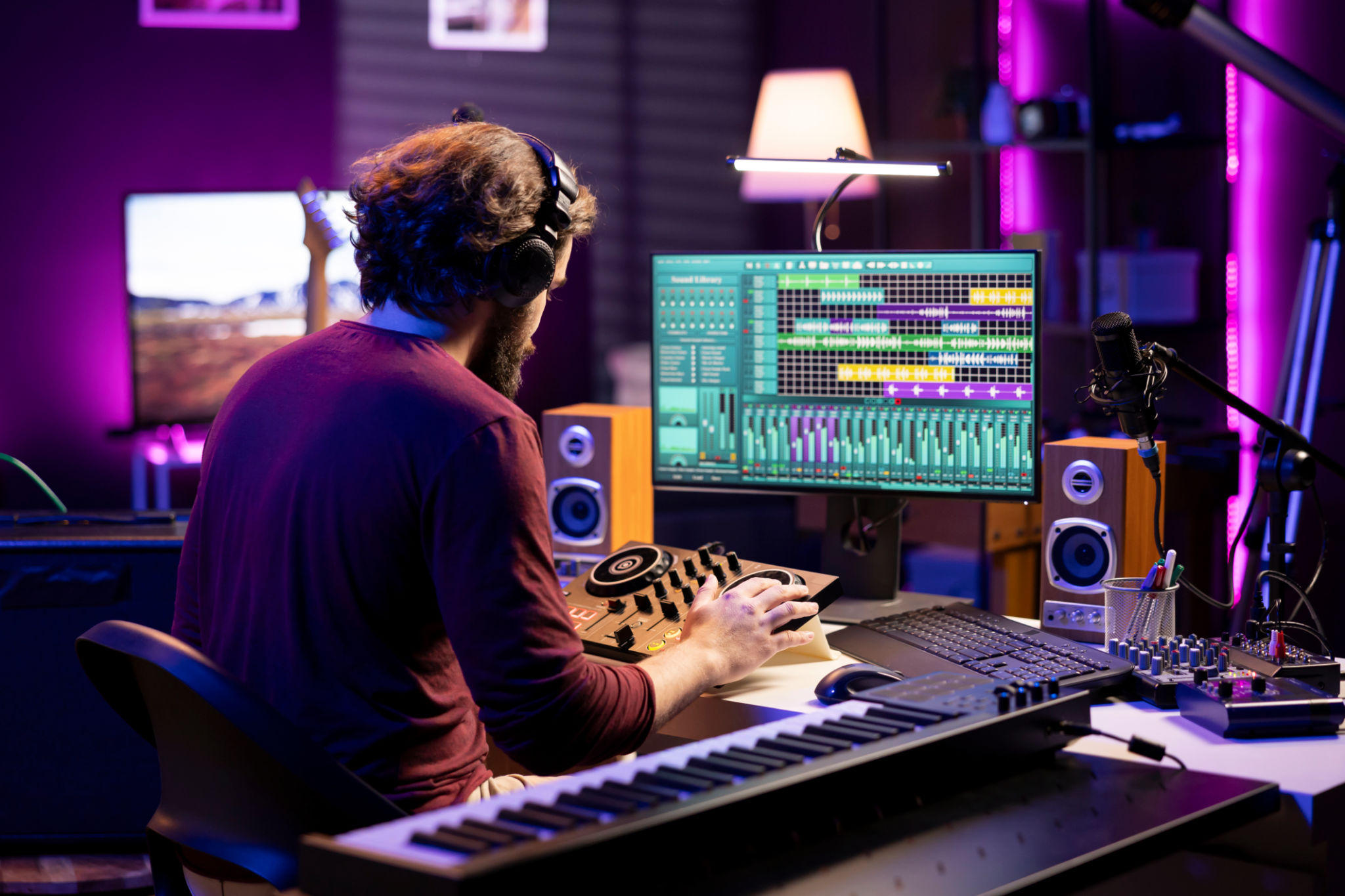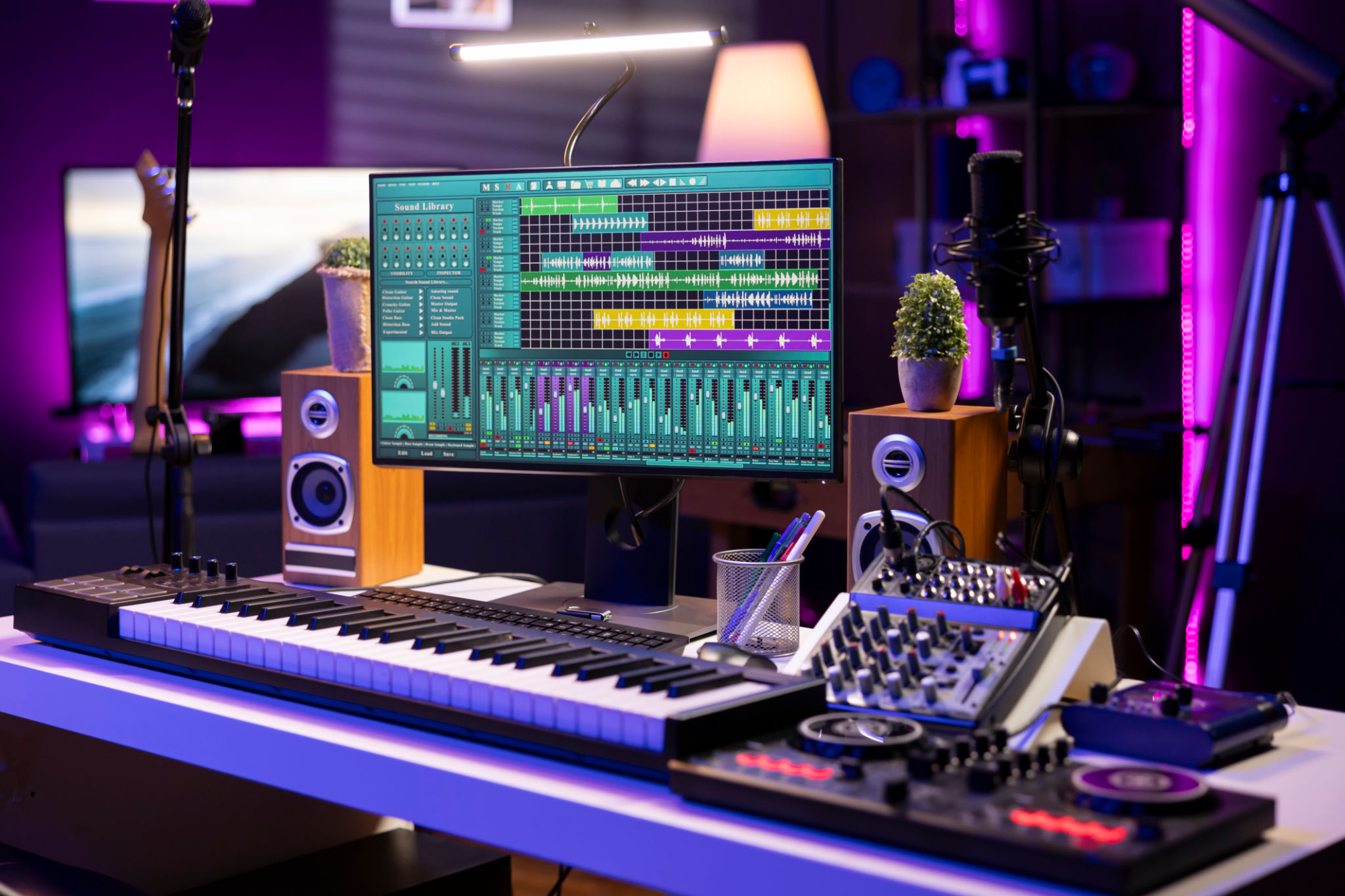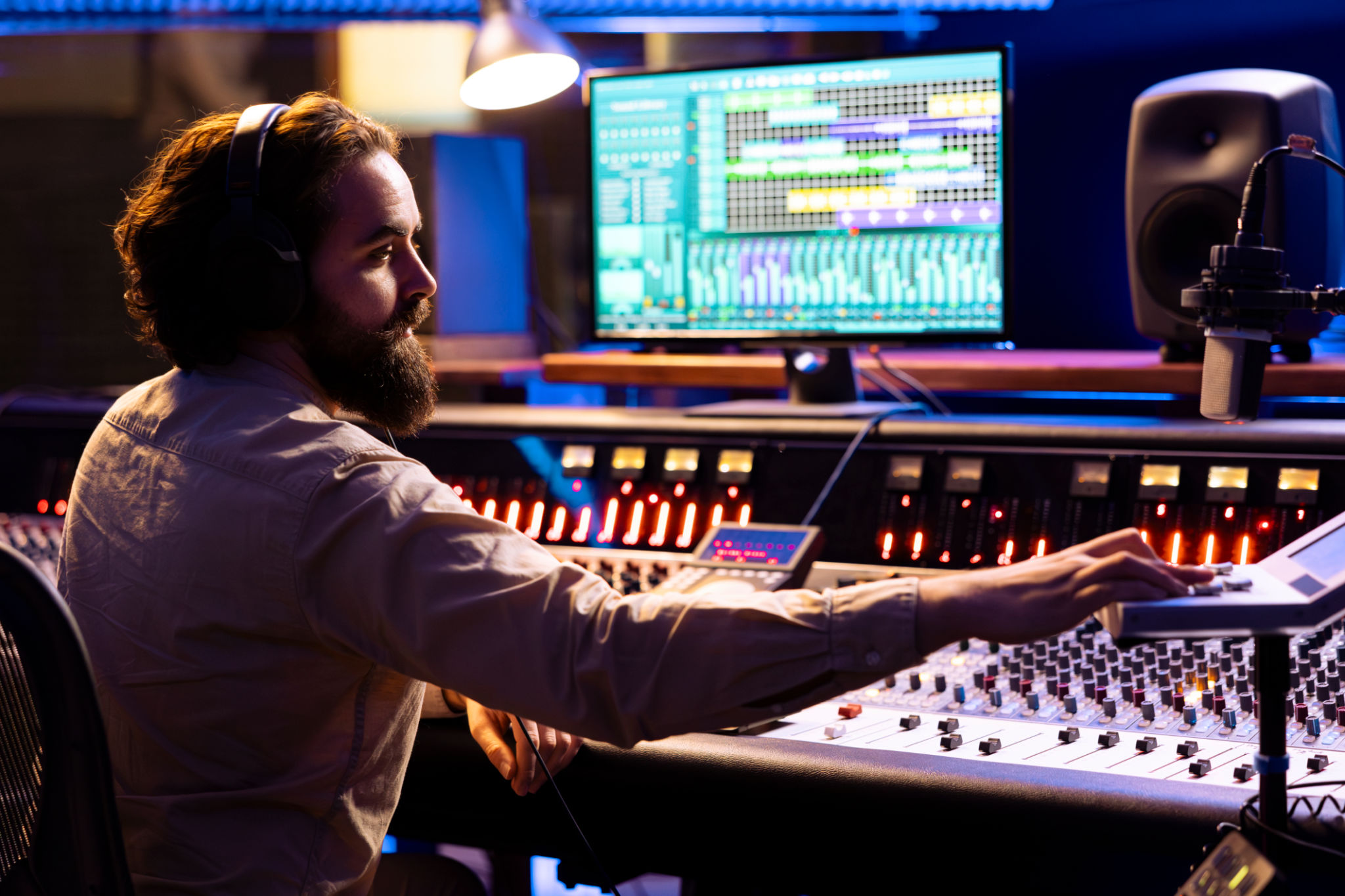The Art of Audio Mastering: Why It's Crucial for Your Music
Understanding the Basics of Audio Mastering
Audio mastering is often described as the final polish that takes a music track from good to great. It's the process of preparing and transferring recorded audio from a source containing the final mix to a data storage device. The goal is to balance sonic elements, enhance clarity, and ensure consistency across all playback systems. While it might seem like a complex and technical part of music production, understanding the basics can highlight its importance.

The Role of Mastering in Music Production
Mastering plays a pivotal role in music production. It ensures that a track sounds professional and cohesive, regardless of whether it's played on earbuds or through high-end sound systems. This stage acts as the bridge between the final mix and the distribution-ready format. Without mastering, tracks may sound inconsistent or lack the punch needed to grab the listener's attention.
Key Elements of Audio Mastering
Several key elements are involved in audio mastering, each contributing to the overall quality of the final track:
- Equalization (EQ): Balances frequencies to ensure clarity and prevent muddiness.
- Compression: Controls dynamic range, ensuring that no parts are too loud or too quiet.
- Limiting: Maximizes volume without causing distortion.
- Stereo Enhancement: Widens the stereo field for a fuller sound.

Why Mastering Is Crucial for Your Music
One might wonder why mastering is crucial when mixing seems to cover most of the bases. The answer is simple: mastering provides the final quality check. It ensures that any issues missed during mixing are corrected before distribution. This step can make or break a track's success in a competitive music industry.
The Impact of Professional Mastering
Professional mastering can significantly impact how your audience perceives your music. A well-mastered track will sound polished and engaging, inviting listeners to immerse themselves fully in the experience. On the other hand, a poorly mastered track can distract listeners with inconsistencies and technical flaws.

DIY vs. Professional Mastering
With advancements in technology, many artists are tempted to attempt DIY mastering. While this can be a cost-effective solution for independent musicians, it often lacks the expertise and precision of a professional mastering engineer. Professionals bring years of experience and a trained ear to the table, ensuring that your music reaches its full potential.
Choosing the Right Mastering Engineer
Selecting the right mastering engineer is crucial for achieving the desired sound. Look for someone with a proven track record and a style that aligns with your musical vision. Communication is also key; ensure they understand your goals and provide feedback throughout the process.
The Future of Audio Mastering
The landscape of audio mastering is ever-evolving, with new software and techniques emerging regularly. As technology advances, so does the potential for creativity in mastering. However, the core principles remain unchanged: achieving balance, clarity, and consistency in music.
In conclusion, audio mastering is an essential art form that elevates your music to new heights. Whether you choose to do it yourself or hire a professional, understanding its significance will undoubtedly enhance your musical creations.
